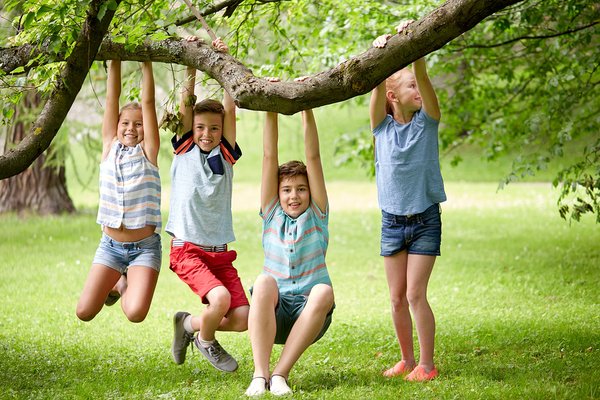It’s Good to be a little Bad Child.

Being virtuous and obedient is rewarding as a child – inviting appreciation, as they do their homework on time with some showered with “extra marks for good handwriting”; they tidy up their own space and help their parents; they are also careful about applying the brakes while cycling downhill.
As they do not pose an immediate problem with any particular concern, unlike the child who is busy climbing fences and graffitiing the neighbour’s wall – parents conclude that good children are acceptable and it’s great to have a well-behaved child to do everything as expected of them.
And this precisely is the problem.
An overload of virtue and the excessive need for compliance make the children vulnerable to bullies and emotional resilience and they end up feeling neglected and unfulfilled for the rest of their life. The good children aren’t good by the aspect of their nature, they are in fact, left with no choice than being good.
“Their goodness is a necessity rather than a choice”.
Many children are good out of love for their depressed and harassed parent who makes it clear that they look forward to no more complications or sometimes facing a violent parent can be too overwhelming, who demands no less than perfect behaviour. This short-term pleasant obedience represses the development of challenging emotions and piles up insecurities in later life.

Every parent must spot the sign of ‘exaggerated politeness’ in a good child as they become people pleaser and a keeper of too many secrets by burying their own thoughts. This repression later translates into psychosomatic symptoms, sudden outburst, and bitterness.
As adults, the ideology of a good child can bring in problems at work – they follow rules, listen to everyone, which don’t get them far in their adult life. Everything worth doing will meet with a certain degree of disagreement and will disappoint many, but worth holding on.
This good child personality can pose peculiar problems around sexual behaviour as well. As a child, they were deemed and praised for their innocence and after discovering the ecstasy of sex which can be ‘beautifully perverse and imaginatively disgusting’ disowning their beliefs. In response, they can go cold and detached in a way which is both destructive and frightening.
The problem of a good child is not his goodness, rather his experience of other people not accepting his badness and still, feel loved nevertheless.